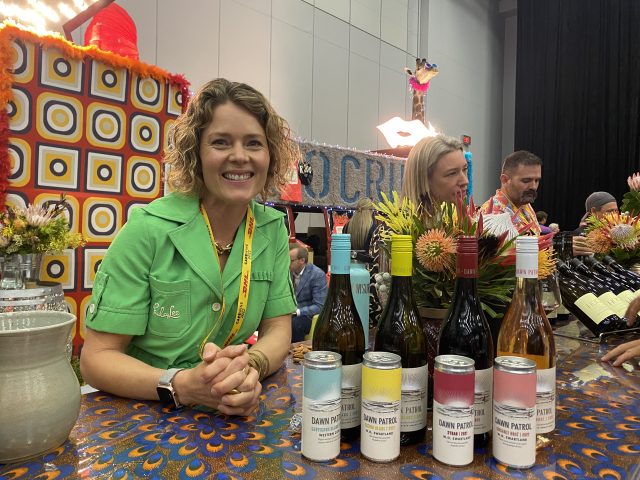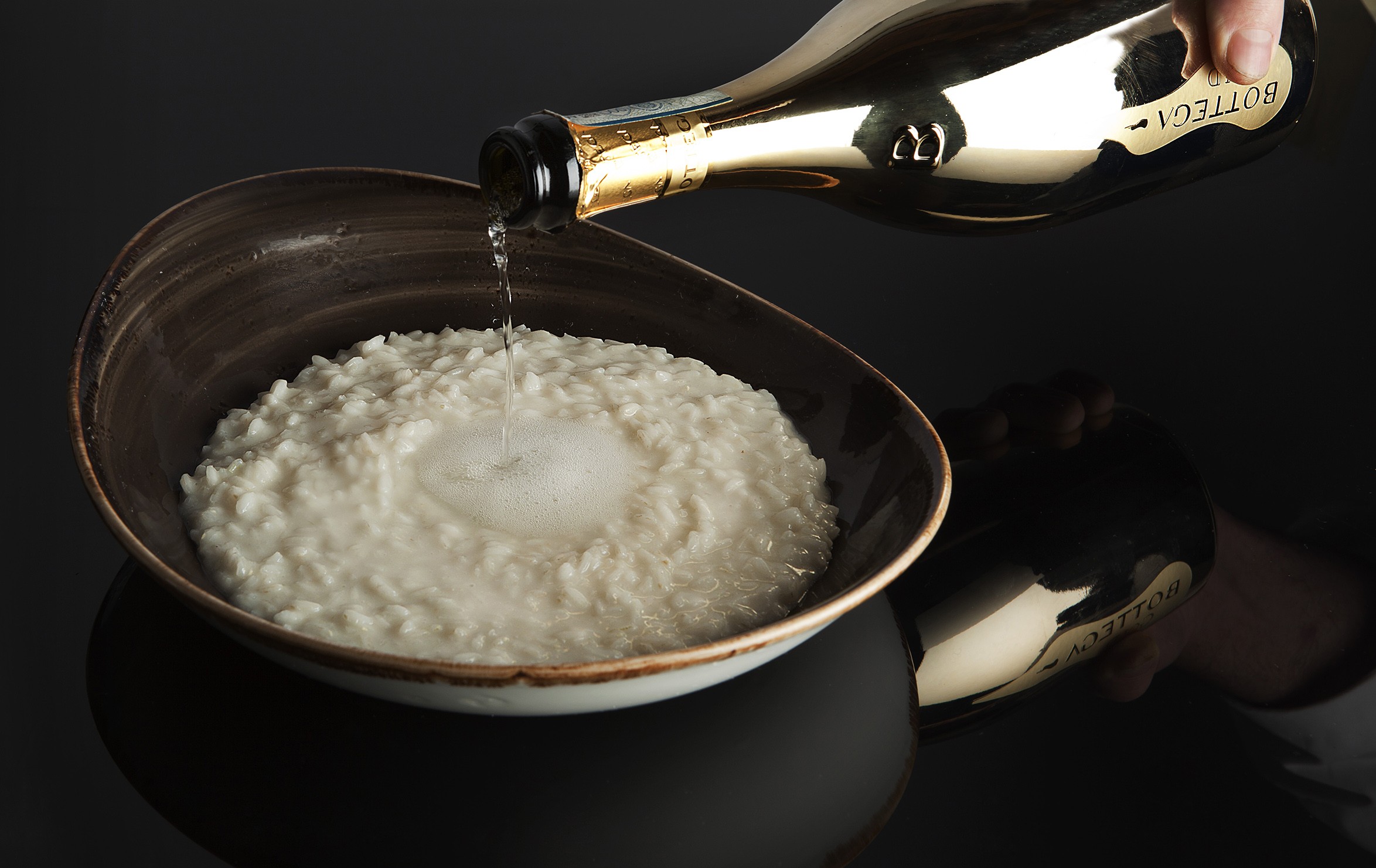South African winemakers foreground quality in breaking into canned wine
Canned wine is seeing slow but steady growth in South Africa, but winemakers championing alternative formats are focusing on quality in order to convert domestic consumers.

Alternative formats possess a short history in South Africa’s winelands. Trizanne Barnard, founder of Trizanne Signature Wines, said South African producers were “still in the starting block” when it comes to canned wines and alternative formats.
Barnard spoke at a seminar dedicated to South African canned wines during the CapeWine 2022 trade show.
She noted that while there is growth in the category from domestic consumers, it is “not the growth you expect from alternative packaging”.
As an “outdoor nation”, Barnard added, South Africa would appear to be a good market for growth in canned wine. She cited younger more health-conscious consumers interested in single serve products, as well as occasion-led drinking like camping and beach days, as opportunities for canned wines to gain traction.
However, price pressure and consumer perception are two barriers in the domestic market.
“I think we can incredible wines, but I think the export market is the one to go for,” Barnard said.
Tom Riley developed the first mobile canning facility designed to package both wine and beer in 2019 with his company Tiny Keg, but initial progress stalled as a result of the Covid-19 pandemic.
Riley was also present at the CapeWine discussion, and agreed that interest in the category is largely export driven.
The Tiny Keg MD has worked with more than 60 South African winemakers on ranges of wine in cans, and has put out five million cans into the market to date. However, the scale of production is small; as little as 1,000 litres of wine in some cases, Riley said.
Partner Content
“It’s a drop in the ocean when you compare it to the US market,” Barnard added.
Riley has plans to grow the category domestically, but progress is slow, as producers build on consumer knowledge of the product.
Jaap Pijl, co-founder of South African canned wine brand Renegade Wines, said that a focus on quality is vital for the category to progress.
“If a person buys a wine in a can and it doesn’t taste good, they will never buy it again,” he said.
Pricing is also a key issue. Charlie Brain, founder of Lubanzi Wines in Cape Town, explained that in the US, brands can sell individual cans for as much as $5.99 and still come in under the price of a bottle. In South Africa, however, wines at the lower end of the market are priced as low as 30 rand ($1.67), meaning “price pressure is much more intense”.
Canning wines can be expensive, with triple the number of containers needed to house the same volume of wine.
Riley believes that focusing on occasion will stimulate consumer interest in the category, but quality remains key to attracting new drinkers.
“Getting good wine into a can will help consumers get into that space,” he said.
Related news
Castel Group leadership coup escalates
For the twelfth day of Christmas...
Zuccardi Valle de Uco: textured, unique and revolutionary wines




